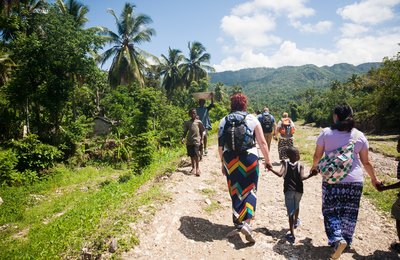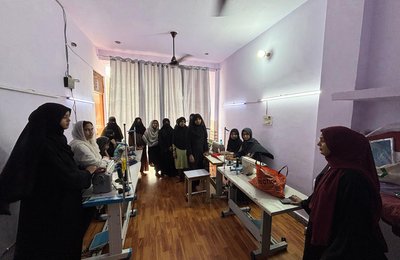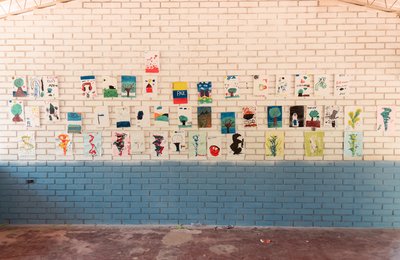
Rwanda has a considerable number of these, with perhaps half a million people living abroad as voluntary migrants or refugees; reliable statistics are extremely difficult to come by. Among its members, there are people who did not return to their home country after the genocide. Some are associated with the killing machinery or have relatives who played an active role in the killings, while others are survivors and their descendants. They also include, on one side, those who are against the current government of Rwanda, as well as supporters of the ruling political system that has managed the post-genocide context.
Finally, there are some who were outside of the country before or during the genocide period, and who have lost any affection for their home country. All these different people have to be engaged in the process of reconciliation.
Reconciliation impacts – missing the diaspora?
For example, the network supported the ‘one dollar campaign,’ which aimed to mobilise funds from within and outside the country to provide accommodation to children who were orphaned by the 1994 Genocide against the Tutsi.
In the area of reconciliation, there have been initiatives aimed at bringing members of the Rwandan diaspora together to exchange their personal experiences and involve them in the process. At government level, the Rwandan National Unity and Reconciliation Commission has established a desk in charge of undertaking reconciliation initiatives that reach out to members of the Rwandan diaspora.
Rwandans at home and abroad have benefited from some of these projects: a National conference on unity and reconciliation, organised at the national level to bring together Rwandans who live in Rwanda, as well as those who live abroad; Ingando (solidarity camps) organised for young people studying abroad; visits and meetings by high-level leaders on Rwanda Day. They have also received travel documents, on which mentioning ethnicity has been banned.
Non-governmental actors have also demonstrated their willingness to contribute to bringing diaspora members on board. For example, The Institute of Research and Dialogue for Peace organised consultations with Rwandan communities abroad with the objective of involving them in the peacebuilding process in Rwanda.
However, although these have tried to create spaces to enable Rwandan communities living abroad to share their ideas, concerns and suggestions, some have doubted their impartiality and effectiveness. In addition, they haven’t involved local people or organisations in the process.
These initiatives apparently do not touch the hearts that need reconciliation. They are important, but reach only the surface. They are very significant in terms of bringing people together, and are playing a role in keeping people connected with their motherland. However, such programmes cannot transform people’s mindsets and heal the wounds of the past.
A call for more engagement of members of the Rwandan diaspora groups in reconciliation:
In 2015, I made efforts to bring together Rwandan diaspora groups during a speaking tour in Canada. I contacted and invited different Rwandans individually, regardless of their ethnic or political affiliations and background. Unfortunately, the event I had planned did not take place. But I did manage to have phone interviews with a number of Rwandans, realising again how the Rwandan diaspora is deeply divided.
An effective initiative aimed at engaging diaspora groups in the reconciliation process should consider how to assess the effects of divisions among diaspora groups in countries abroad. It should create the space for genuine dialogue between opposing diaspora groups, and facilitate the process of reconciliation between them, organising exchanges between the diaspora groups and their society of origin. Perhaps one day Rwanda will serve a model for how to do this.
An inclusive reconciliation process should consider involving migrants. Supporting in-country reconciliation processes should encompass helping migrants to come back home, enjoy the land of their ancestors, reconcile, and live in peace with their fellow citizens. Working for reconciliation and helping them to physically and emotionally reintegrate into their societies of origin must be a key aspect of building sustainable peace in Rwanda.







